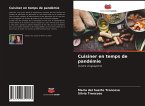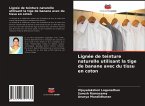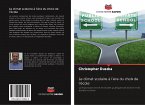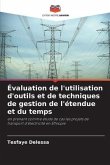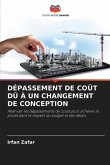In recent years information systems are being designed to assist people to make more efficient travel choices under conditions of growing uncertainty. Although travel demand modelers have analyzed the response to real-time information, usually this has been done under the questionable assumptions of rational decision-making. In reality, people can make completely different choices when their decisions are based on information or on experience. Improving behavioral assumptions could well increase the realism of transport demand models. This book describes an experimental approach to study route choice with real-time information. It provides both researchers and practitioners with valuable knowledge on the roles of information and learning in travel behavior and how statistics and state-of-the art discrete choice models can be applied to analyze and model travel behavior in risky and uncertain environments. This book will be especially useful to transportation policy makers and analysts, researchers and students.
Hinweis: Dieser Artikel kann nur an eine deutsche Lieferadresse ausgeliefert werden.
Hinweis: Dieser Artikel kann nur an eine deutsche Lieferadresse ausgeliefert werden.



